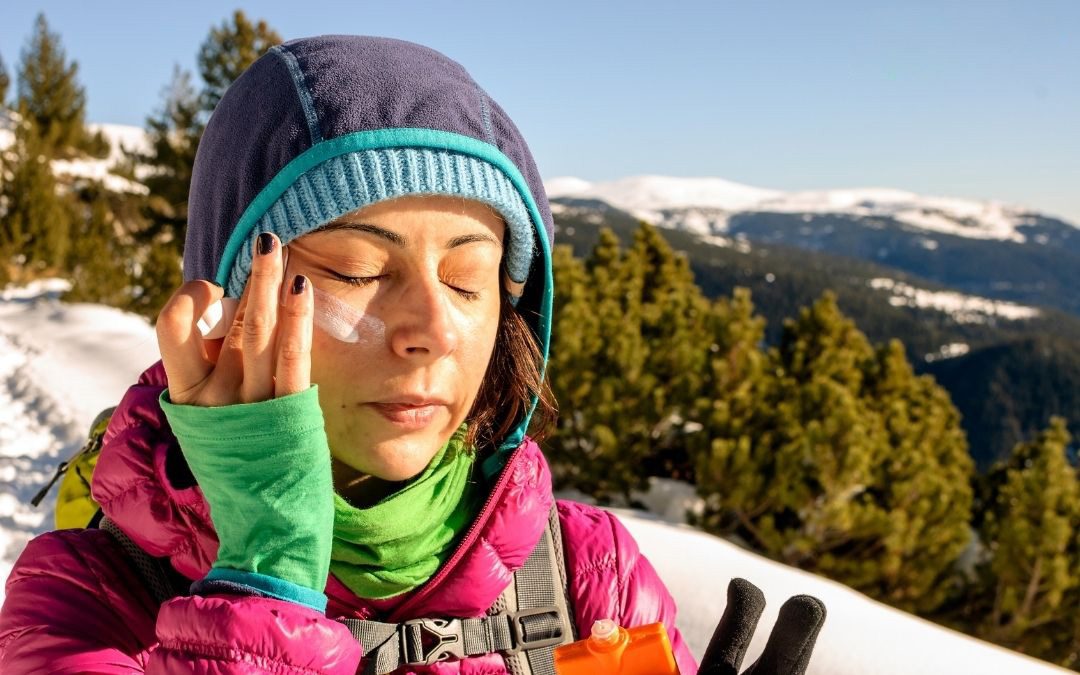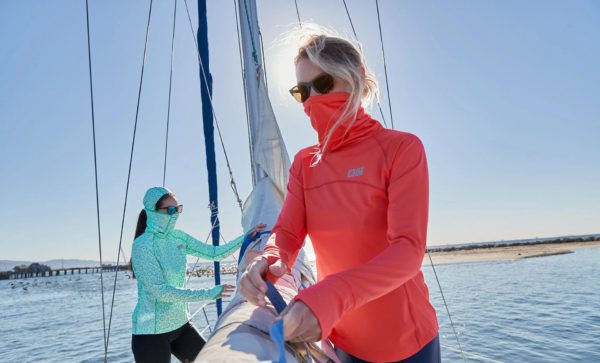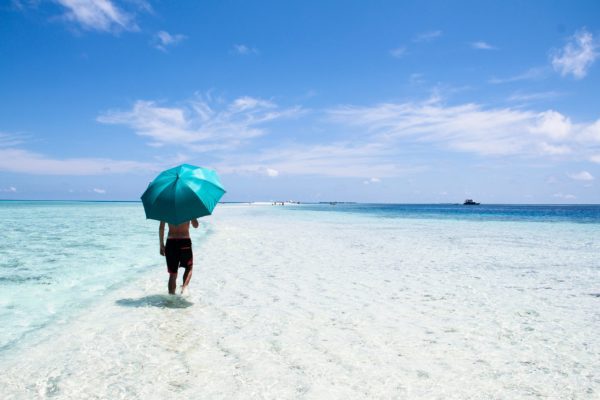While the sun tends to be less visible during the winter season, it is still there. Contrary to the common belief that protecting the skin from the sun’s harmful UV rays is only important in the hot months of summer, winter sun protection is equally important to ensure a healthy and beautiful skin year-round.
How Does the Sun Affect Your Skin?
Feeling the sun on your skin is great. Unfortunately, extended exposure to the sun can negatively impact your skin. This is due to the sun’s ultraviolet (UV) rays; both UVA and UVB.
While UVB rays can lead to sunburns, UVA can result in suntans. Both types of UV rays substantially contribute to premature aging of the skin, and can cause serious health conditions, like skin cancer. Thankfully, with proper sun protection you can lower the risk of UV-associated conditions.
Why You Still Need Winter Sun Protection
You may think that the sun is less harmful in the winter, but the reality is the complete opposite. Here are 5 reasons why you should not skip out on winter sun protection during the colder months of the year:

- You Can Get a Sunburn in Winter: While UV rays are stronger in the summer season, they can still lead to sunburns in winters.
- Helps Lower the Risk of Skin Cancer: Sun protection is recommended all year round to reduce the risk of associated cancers. Many studies have shown a connection between UVB rays and skin cancer. Using proper sun protection throughout the day can lower your risk of developing skin cancer.
- Keeps Your Skin Looking Younger: UVB rays are known to deplete collagen levels in your skin, which can lead to skin sagging and premature aging. In fact, it is estimated that around 90% of wrinkles are caused due to excessive exposure to UVB rays. Sun protection measures such as sunscreen can also help to maintain the youthfulness of your skin.
- Snow and Ice Reflect UV Rays: Stronger sun protection is required if you are skiing, snowboarding, or taking part in other outdoor winter activities. Both snow and ice reflect UV rays. Research shows that nearly 80% of UV rays are reflected by snow.
- The Ozone Gets Thinner in Cold Months: The atmosphere’s ozone layer absorbs a lot of the harmful radiation from the sun. During winter days the ozone becomes thinner, increasing your exposure to UV rays.
Sun Protective Clothing and Sunscreen: Year Round Protection
Fortunately, you can take simple measures to protect your skin from UV rays all year long. Regardless of the season, wearing UV protective clothing is the most important. In addition, you’ll want to apply an adequate amount of sunscreen multiple times a day to areas not covered with clothing. Your sun protection must have the following features to offer effective sun protection:
- It should have a sun protection factor (SPF) of 30 or higher.
- It should be broad-spectrum. i.e: offers protection against both UVA and UVB.
- It should contain effective and skin-safe ingredients.
How to apply Sunscreen: Apply sunscreen at least half an hour before exposing your skin to the sun. It should be re-applied every two hours or after excessive sweating. If you are sweating profusely, you may need to apply it more frequently.
Other Tips and Measures to Take
In addition to UV protective clothing and sunscreen, the following tips can offer an added layer of winter sun protection.
- Wear a broad-brimmed hat. This helps to not only protect you from the cold, but also from getting sun exposure on your ears and scalp.
- Protect your eyes with UV-protective ski goggles or sunglasses whenever you participate in any outdoor activities. UV rays are just as harmful to your eyes as they are to your skin.
- Use a lip balm with UV protection to safeguard your lips.
- Try avoiding exposure to the sun when it is strongest, i.e. between 10:00 a.m. and 4:00 p.m.
Follow these tips to reduce your risk of skin cancer and keep your skin healthy. It is important to protect your skin from the sun and the harsh weather throughout the year.




